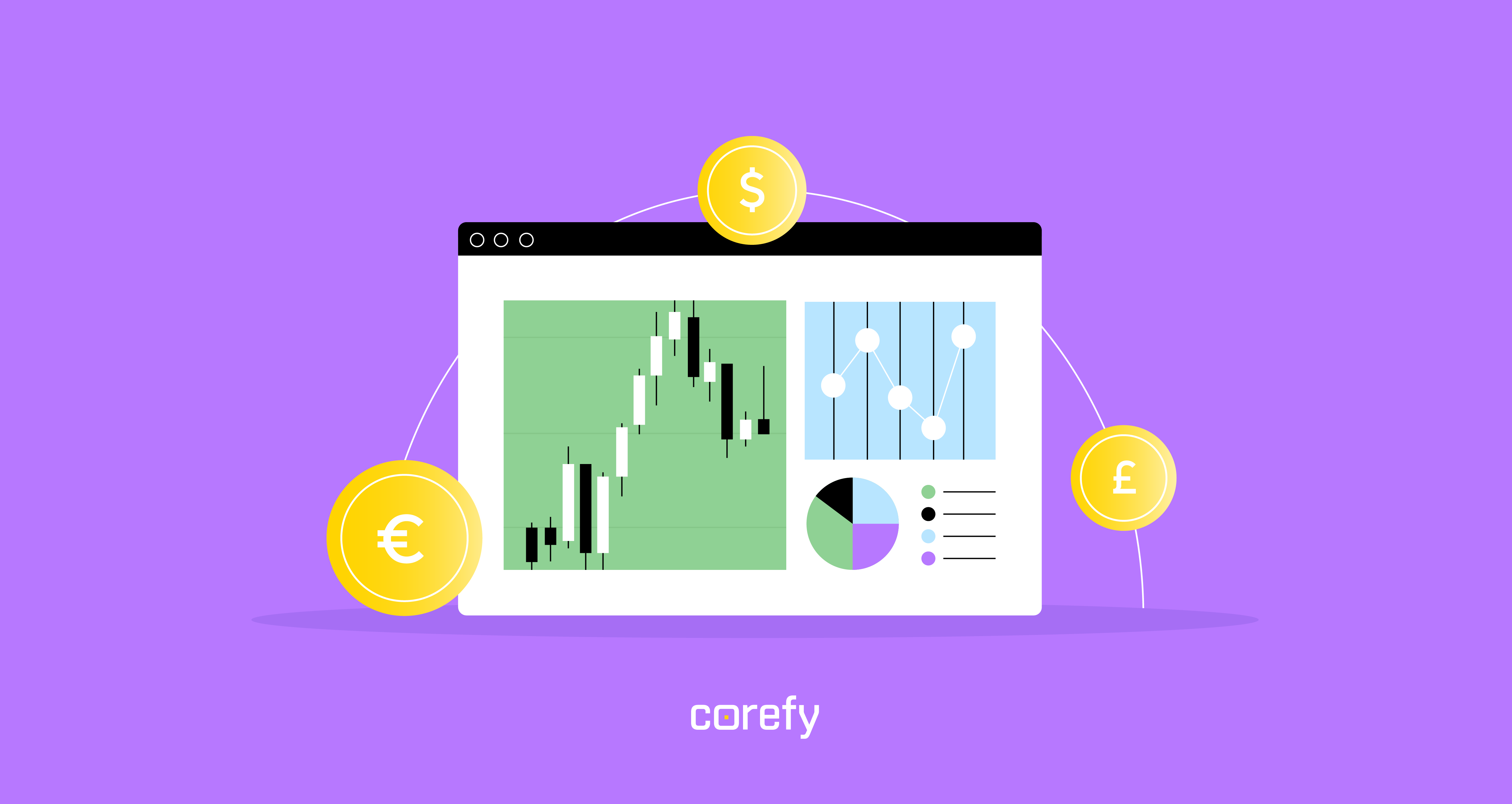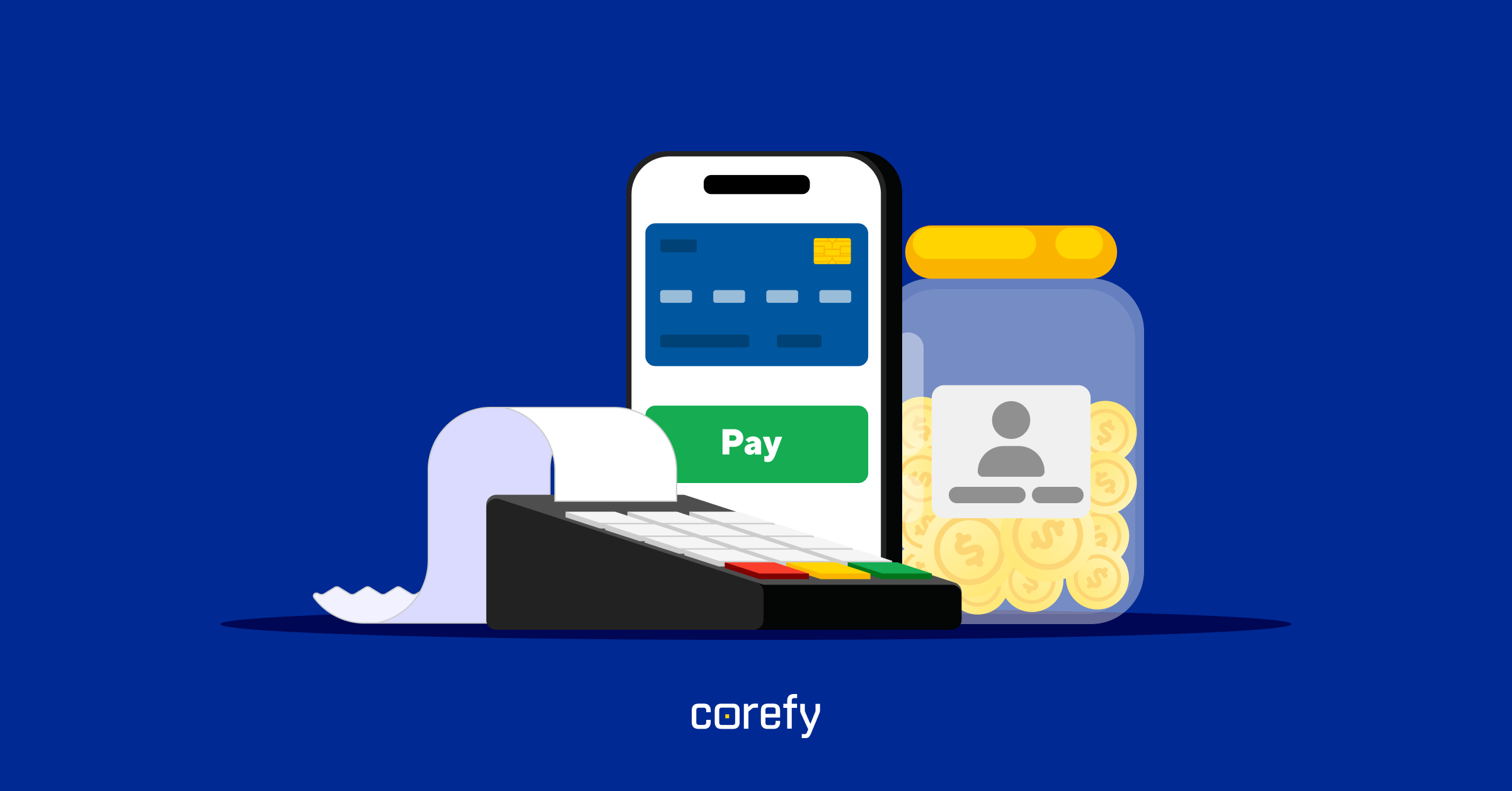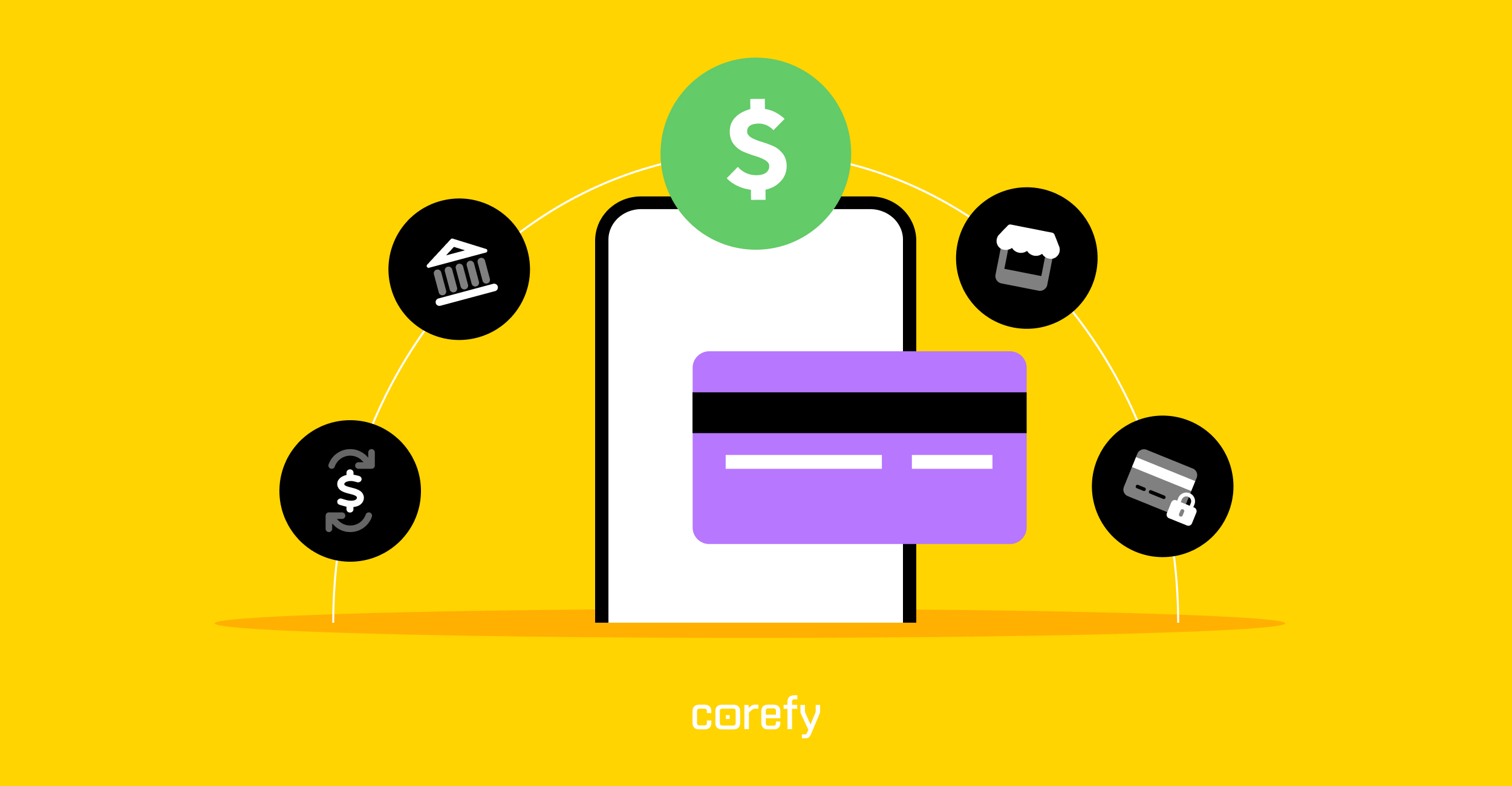The foreign exchange market, commonly known as forex, is the world’s largest and most liquid financial market. According to Statista, the daily trading volume of the forex market exceeded $7 trillion in 2023, making it a crucial component of the global economy.
This enormous trading volume is fueled by the participation of various market players, each with distinct roles and motives. In this article, we’ll explore the key forex market participants, shedding light on their significance in shaping the dynamics of international currencies.
Who trades in the forex market?
From central banks wielding monetary policy to retail traders seeking profits, here’s the list of individuals and entities that command the forex stage:
- Commercial & investment banks
- Central banks
- Institutional investors & funds
- Retail traders
- Liquidity providers
- Forex brokers
- CRMs
To better understand the role of each market actor, let’s dive deeper into the details.
Commercial and investment banks
Commercial and investment banks are among the most active participants in the forex market. They facilitate currency trading for their clients, ranging from corporations and governments to individual investors. Banks act as market makers, providing bid and ask prices to traders and profiting from the spread – the difference between the buying and selling prices.
Additionally, banks engage in proprietary trading, where they trade forex on their own behalf to generate profits. Their substantial financial resources and access to advanced trading technology give them a considerable advantage in the market.
Central banks
Central banks are the primary regulators and guardians of a country's monetary policy. They influence interest rates and control the money supply, impacting their home currency's value. Central banks intervene in the forex market to stabilise or manipulate their currency's exchange rate.
The decisions made by central banks can have far-reaching effects on the global forex market. Traders closely watch announcements of monetary policy decisions and statements from central bank officials, as these can trigger significant market movements.
Corporations and businesses
Multinational corporations engage in forex trading to conduct international business transactions. When they operate across borders, they face currency exchange risk. To mitigate this risk, corporations use hedging strategies, such as forward contracts or currency options, to secure future exchange rates for their transactions.
Currency movements can significantly impact a company's financial performance, making forex risk management a crucial aspect of its operations. Large corporate transactions can also influence short-term currency movements, especially in emerging markets.
Institutional investors & funds
Institutional investors, including pension, hedge, and mutual funds, participate in the forex market to diversify their investment portfolios. They trade substantial amounts of currency to capitalise on short-term price movements or macroeconomic trends. Hedge funds are known for their speculative trading strategies, often taking leveraged positions to amplify their potential returns.
Institutional investors' trading activity can increase market volatility, especially during economic uncertainty or geopolitical tensions.
Retail traders
The advent of online trading platforms has democratised access to the forex market, allowing individual retail traders to participate actively. Retail traders, also known as individual traders or small speculators, are one of the fastest-growing market participants in the forex industry. They typically operate with smaller capital compared to institutional players. They often engage in intraday or swing trading to profit from short-term price movements.
Although retail traders have limited resources compared to institutional players, their collective presence contributes to market liquidity, especially in less liquid currency pairs.
Liquidity providers
A forex liquidity provider (LP) is an individual or institution that facilitates liquidity in the foreign exchange market by offering to buy or sell financial instruments, including currency pairs, at competitive prices. LPs are crucial players in the forex market as they ensure enough buyers and sellers and allow for smooth and efficient trading. LPs often act as market makers, standing ready to buy or sell a specific currency pair at any given time, providing continuous liquidity to the market.
What is the role of forex brokers in the market?
Forex brokers are crucial in facilitating trading activities within the foreign exchange market. As intermediaries between individual traders and the forex market, brokers provide the necessary platform, tools, and services to enable traders to buy, sell, and speculate on various currency pairs.
Here are the critical roles of forex brokers in the market:
- Providing access to the market. Forex brokers offer online platforms that allow traders to execute orders in real-time, giving access to a wide range of currency pairs and other financial instruments.
- Market liquidity. Brokers aggregate liquidity from various sources, including banks, financial institutions, and other market participants. This liquidity pool ensures that traders can enter and exit positions quickly, even during high market volatility.
- Execution of trades. When traders place orders to buy or sell currency pairs, the forex broker is responsible for executing those trades at the best available price in the market.
- Offering leverage. Brokers offer leverage to traders, allowing them to control more significant positions with a smaller amount of capital. While leverage can amplify profits, it also increases the risk of substantial losses.
- Providing trading tools and analysis. Forex brokers offer advanced trading tools, technical analysis charts, economic calendars, and market research, empowering traders to make informed decisions.
- Risk management. Brokers implement risk management tools, such as stop-loss and take-profit orders, which help traders limit potential losses and lock in profits automatically.
- Customer support. Forex brokers typically offer customer support services to assist traders with issues related to their accounts, platform usage, or general inquiries.
- Regulatory compliance. Reputable forex brokers operate under regulatory oversight to ensure fair and transparent trading practices. Regulatory bodies may vary depending on the broker's location and the markets they serve.
Traders need to carefully select a reputable and regulated forex broker. The broker's reliability, trading conditions, customer service, and the trading platform's functionality are all critical factors to consider when choosing a broker.
How do CRMs facilitate the forex market?
Customer Relationship Management (CRM) systems represent another essential player in the forex market, especially for brokers and financial institutions that engage with retail traders and institutional clients. CRMs help manage and streamline customer interactions, improve service, and enhance customer satisfaction.
Here are some key functions of CRM systems in the forex market:
- Customer data management. CRMs are designed to centralise and organise customer data, including contact information, trading history, preferences, and account details. A comprehensive database gives forex brokers a holistic view of their clients, enabling personalised interactions and tailored services.
- Lead management. New prospects and potential clients can be recorded in the CRM system, and brokers can track their interactions, follow-ups, and marketing efforts to convert leads into active traders.
- Enhanced customer support. Forex brokers can efficiently handle customer inquiries, support requests, and complaints with CRM systems. The system keeps track of customer interactions, ensuring brokers can provide timely and consistent client support.
- Marketing automation. CRMs can be integrated with marketing tools to automate marketing campaigns. Forex brokers can use CRM data to target specific customer segments with personalised offers, promotions, and educational materials, increasing engagement and retention.
- Trading analytics. Linking the CRM systems with trading platforms, users get real-time insights into customer trading behaviour. This data helps brokers understand their clients' trading preferences, patterns, and risk tolerance, enabling more informed decision-making.
- Compliance and regulation. CRM systems assist forex brokers in adhering to regulatory requirements. By recording all client interactions and maintaining a comprehensive audit trail, brokers can demonstrate compliance with regulatory authorities.
- Retention and loyalty. CRMs help brokers stay engaged with their clients. By understanding clients' needs and preferences, brokers can offer personalised services and support, fostering long-term relationships.
- Integration with other systems. CRMs can be integrated with other tools and platforms, such as trading platforms, email marketing software, and customer support systems, creating a seamless workflow and enhancing operational efficiency.
CRM systems empower brokers to manage their customer relationships more effectively. By leveraging customer data, automating marketing efforts, and providing personalised support, brokers can enhance customer satisfaction, increase client retention, and achieve better business outcomes in the competitive forex industry.
The forex market is highly dynamic and volatile, with diverse players, motives, and goals. Understanding the roles and interactions of key players helps traders and investors navigate this market more effectively. As geopolitical events, economic data releases, and policy decisions keep shaping currency movements, the forex market remains captivating for global financial participants.
How can Corefy help forex businesses?
Corefy offers a comprehensive payment processing solution, providing numerous benefits to forex businesses: a robust system for managing virtual merchant accounts, a wide choice of payment options with global coverage, real-time monitoring and reporting tools, and smart routing rules for cost optimisation.
By leveraging Corefy's white label payment solution, forex businesses can enhance operational efficiency, offer clients a broader range of payment options, and ensure a seamless and secure payment experience. It, in turn, leads to increased customer satisfaction, higher transaction success rates, and, ultimately, improved business growth and profitability in the competitive forex market. Do not hesitate to contact our team and learn how our solutions can boost your forex project.





.png)



.png)



